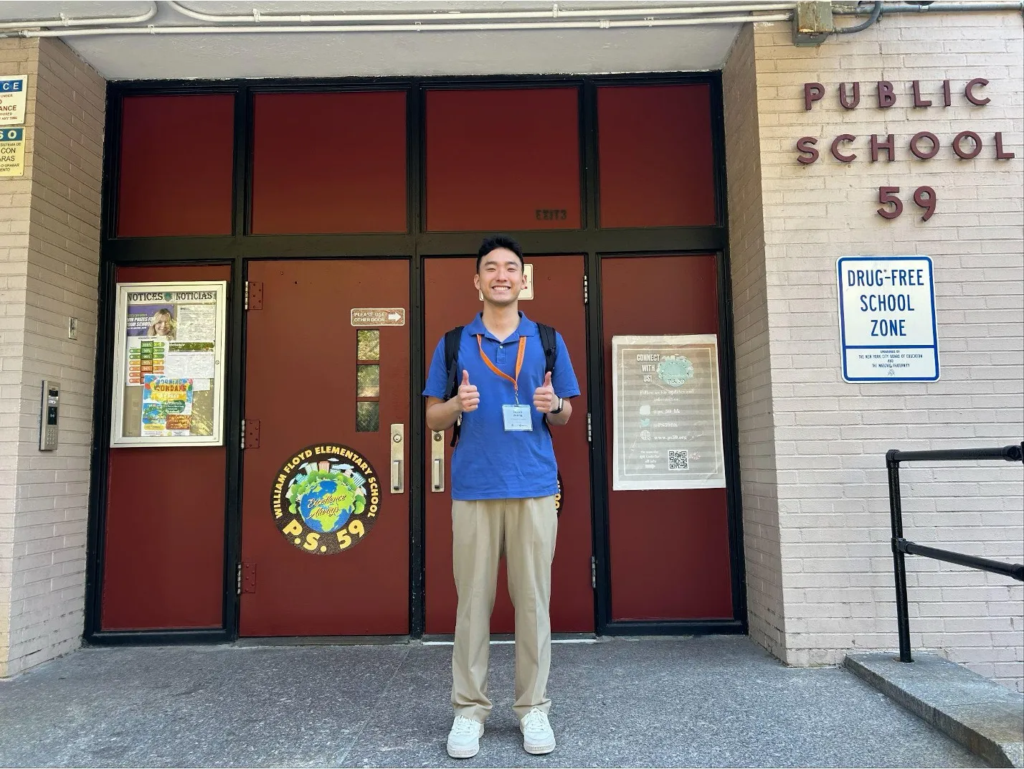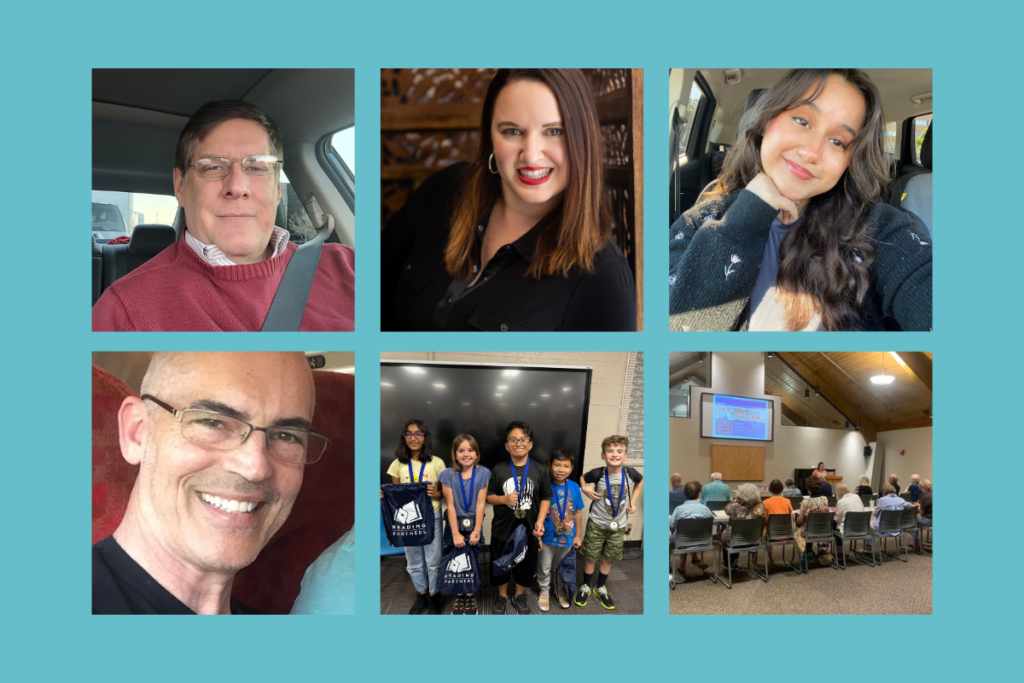
200 volunteers needed for reading program in local Title I schools
January 19, 2017
Originally published by WCBD News 2.
By Mayci Mcleod
4/5 fourth graders from low income families in South Carolina cannot read at grade level. This is something that will set them up for challenges down the road. One local organization is working to help all Lowcountry kids become successful readers, but they can’t do it without help from the community.
Reading Partners is in 17 schools across Charleston, Berkeley, and Florence counties. They provide one-on-one tutoring to elementary school kids in Title I schools to help them catch up.
Christine Messick, Community Engagement Manager for Reading Partners, says, “When they can’t read proficiently by the end of third grade, they are four times more likely to drop out of high school, so their life choices are limited. It is our aim at Reading Partners to improve those odds.”
They do that by helping kids learn how to enjoy reading, and boosting their confidence, meeting with the struggling readers two times a week for some one-on-one tutoring. The lessons are spelled out with a curriculum and the tutors are all volunteers.
One volunteer, Cynthia Widnes, says, “I do not have a teaching background, but the program is so well constructed and specific that it’s easy to follow.”
And the program is working.
Messick says, “80% of our students last year met or exceeded their primary end of the year growth goal.”
This means they graduated from the Reading Partners program and rejoined the rest of their class, reading on grade level, or higher.
Widnes says, “Seeing them progress is very rewarding.”
But Reading Partners needs help. They are short about 200 volunteers, which means close to 200 children are on the waiting list for reading help. It can impact their other subject and confidence in school.
Messick says, “In 3rd grade they go from learning to read, to reading to learn, and their challenges are real if they are not reading on grade level and if they are behind in their subjects as they go forward.”
Volunteers say helping out is easy. You only need to give up an hour of your time each week and Reading Partners gives you all the tools you need to help the child succeed.
Widnes says, “It gives me a sense of purpose and helps me feel part of the community.”
If you want to be a volunteer with Reading Partners, apply here.



